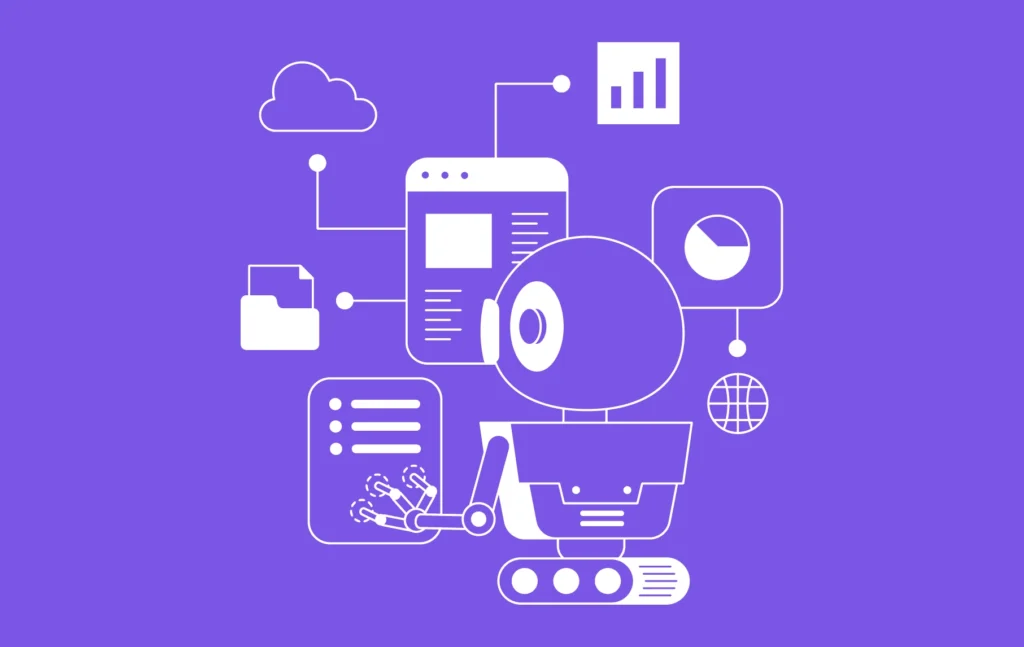
6. AI in Data Security: Safeguarding Consumer Trust
With data privacy concerns on the rise, AI can play a pivotal role in ensuring that customer data is protected. Brands that prioritize data security can gain consumer trust by using AI to detect vulnerabilities and protect personal information.
Tools to Use:
- Varonis – AI-powered data security platform for detecting and responding to potential threats.
- Darktrace – Uses AI to identify and respond to cybersecurity threats in real-time.
Example: Apple’s commitment to privacy has made it one of the most trusted brands worldwide. With AI tools in place to safeguard user data, consumers feel secure using Apple products and services.
7. How AI Builds Trust with Ethical Practices
As AI continues to evolve, ethical considerations are crucial. Marketers must ensure that AI is used responsibly and in ways that do not compromise consumer trust. By aligning AI usage with ethical guidelines, brands can foster trust with their audience.
Tools to Use:
- Ethical AI Guidelines – Organizations like Google and Microsoft have established frameworks to ensure their AI technologies are used ethically.
- IBM Watson – IBM offers ethical AI tools to build responsible AI models that align with consumer values.
Example: Microsoft has set a high standard in ethical AI use by publishing its principles for AI development. The transparency around their ethical practices helps to maintain trust with consumers.
Conclusion: The Future of AI in Building Trust
AI is not just a tool for efficiency but also an opportunity to build stronger, more trusted relationships with consumers. By using AI to personalize experiences, improve customer service, and enhance transparency, brands can win the trust of their audiences. The key is to integrate AI ethically and responsibly, ensuring that it adds value to both the customer and the brand.


